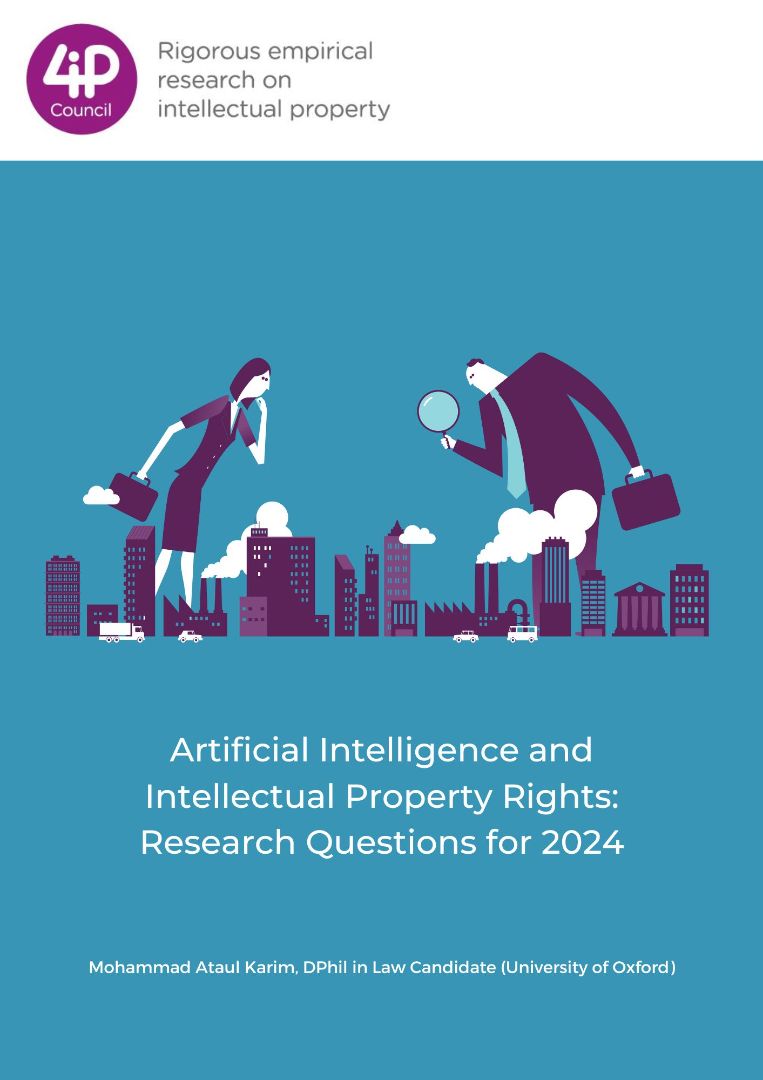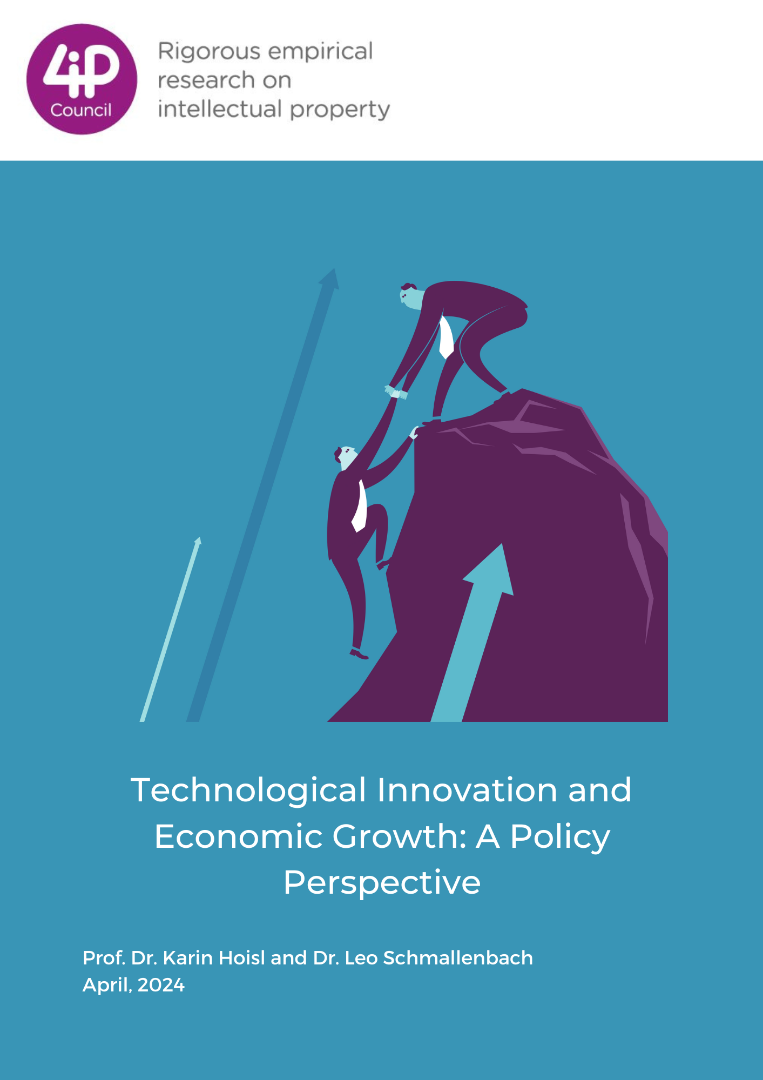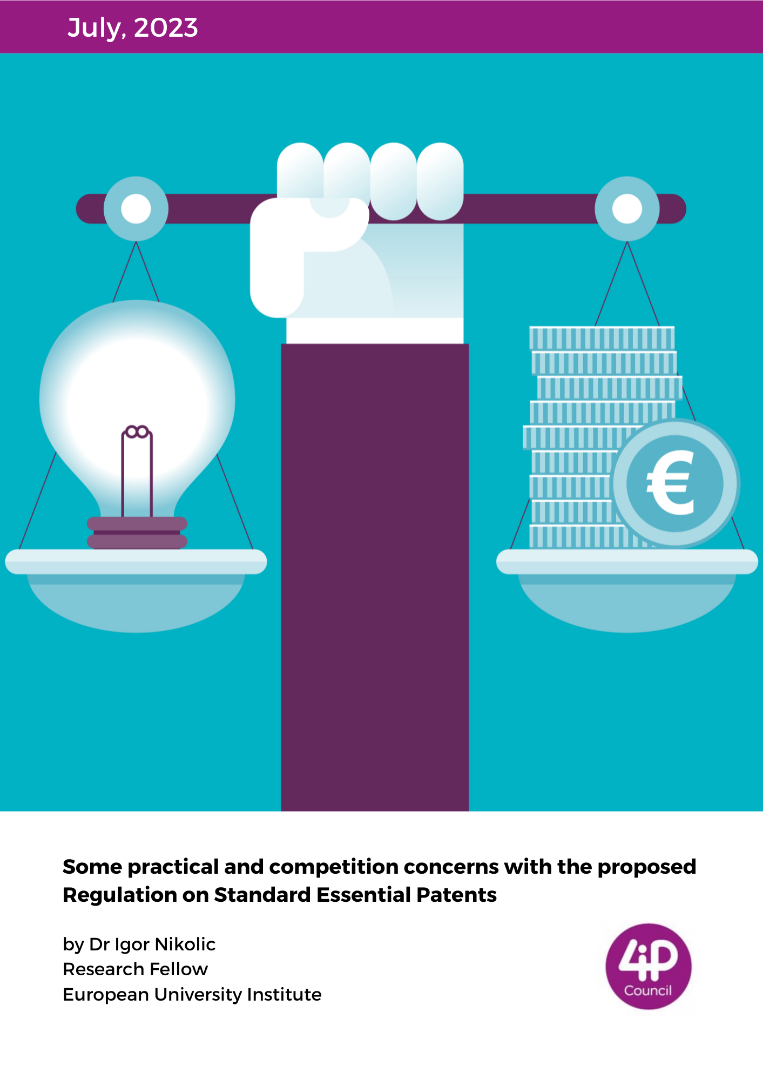Executive summary
-
The global SEP litigation is seeing the increasing use of anti-suit (ASI) and anti-anti-suit injunctions (AASI). The purpose of ASIs is to consolidate parallel litigation in one forum, while AASIs are retaliatory measure that protects the jurisdiction of domestic courts against foreign ASIs.
-
The reason behind the application of ASI/AASIs in SEP litigation is the dichotomy between: i) the nature of SEP disputes that are about a global licence, and ii) patents that are national rights and can only be enforced before national courts.
-
The current ASI/AASI saga has negative consequences for both parties. It produces legal uncertainty; incentivises a race to the court to secure the most favourable jurisdiction instead of focusing on licensing negotiations; increases litigation costs, and parties risk fines and imprisonment of officials for non-compliance.
-
The article analysed the legal conditions for the grant of ASIs and AASIs in Europe and the US and their application in SEP litigation.
-
The US is often considered as a jurisdiction that is favourable to ASIs However, upon closer analysis, the article shows that the full ASI prohibiting parallel litigation abroad is issued in only one exceptional case where parties consented to an ASI and decided to confer the jurisdiction the US court to determine the terms of a global FRAND licence. In no other case has the full ASI been issued. In two cases the courts granted an anti-enforcement injunction (AEI) against the enforcement of a foreign patent injunction. In such cases, courts carefully weighted the impact on the comity of such decisions.
-
Europe views ASIs unfavourably and has not used them so far in SEP litigation. Instead, European courts issued AASIs to prohibit the seeking or the enforcement of foreign ASIs. They view foreign ASIs as incompatible with domestic constitutional rights and public order. In particular, foreign ASIs are considered contrary to the right to property and access to courts.
-
Chinese courts have also recently started granting ASIs to secure their jurisdiction in global SEP litigation. Two opposing trends may be observed. In one case, a narrow AEI was ordered that resembles AEIs awarded by US courts and appears to mirror the US criteria for the grant of ASIs. On the other hand, in two other cases, courts granted very wide ASIs that effectively prohibited any ongoing and future patent and FRAND royalty litigation anywhere in the world. The latter line of cases does not appear to correspond with existing international practices and has created an international backlash.
-
The Munich Regional Court adopted a novel approach in an attempt to discourage the use of ASIs. It will, under certain conditions, grant a pre-emptive AASIs, and an implementer that asks for an ASI or is qualified for a pre-emptive AASI would be treated as an ‘unwilling licensee’ within the meaning of Huawei v ZTE.
-
Courts may adopt certain measures that would discourage parties from requesting ASIs and, at the same time, facilitate the resolution of FRAND licensing terms, which are central to every SEP dispute.
1) Judicial restraint - return to the original strict criteria for the grant of ASIs
ASIs are an exceptional remedy used only: i) in strictly limited circumstances and ii) where they do not appreciably impact international comity. In SEP cases, comity is always impacted as an ASI prevents the enforcement of national patents before the only competent national court. Thus, as a general rule, ASIs in SEP cases should not be granted.
However, a limited exception may be possible for AEIs. They have a narrower impact on comity as they do not stop foreign litigation but are targeted only at the enforcement of the foreign judgment until the case is resolved by the issuing court. As such, it might be possible to use them exceptionally when a foreign patent injunction would impact a domestic case that has a stronger connection with the parties than a foreign one.
2) ASI as a sign of ‘unwillingness to license’
The innovative approach of the Munich Regional Court in holding companies that request ASIs as an ‘unwilling licensee’ or ‘unwilling licensor’ under the Huawei v ZTE framework could be more widely applied. Such an approach would act as a further deterrent to seeking ASIs in the first place.
3) Facilitate arbitration
The arbitration may be an efficient mechanism to determine global FRAND licensing terms between the parties at a single forum, without conflicting parallel national litigation. Courts may thus facilitate parties to reach an agreement on the arbitration of FRAND royalty terms by considering a party’s refusal to enter into arbitration as an indication of unwillingness to license. A rebuttable presumption of unwillingness would encourage the parties to try to resolve their dispute through arbitration, rather than multi-jurisdictional litigation.






